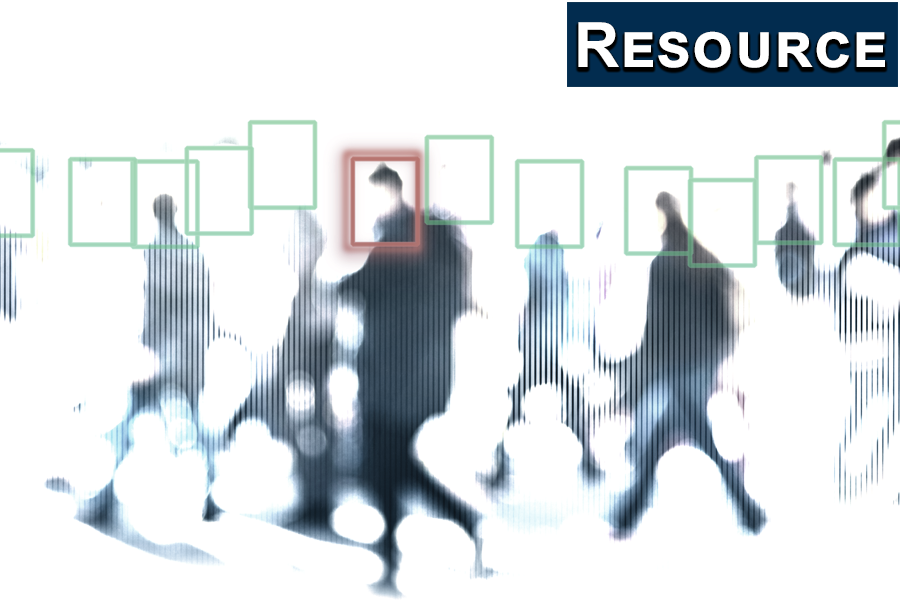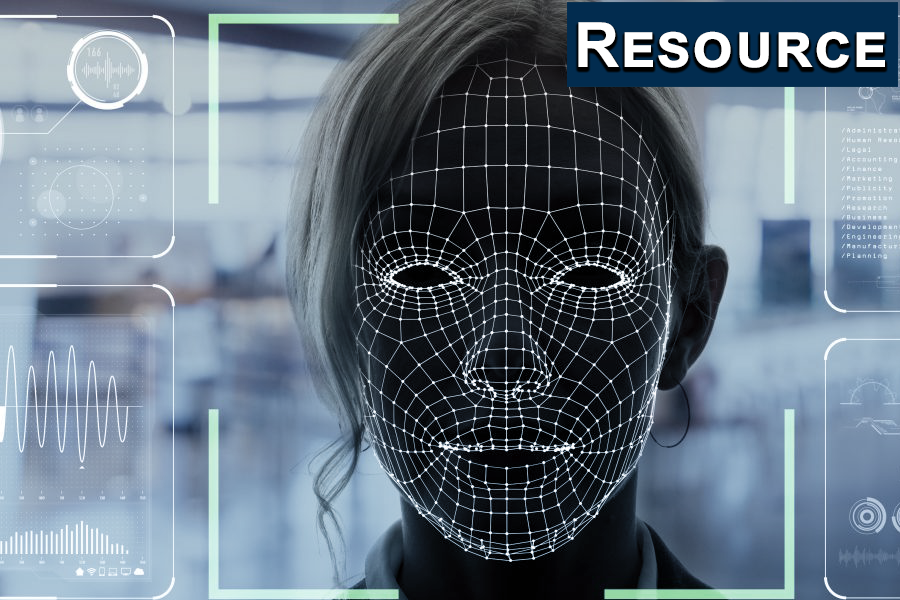Read the full report: First Report of the Axon AI Ethics Board: Face Recognition (.PDF)
First Report of the Axon AI Ethics Board: Face Recognition
Overview
After a year of meetings and research, Axon’s AI Ethics Board concluded that face recognition technology is not yet reliable enough to justify its use on body-worn cameras, and expressed particular concern regarding evidence of unequal and unreliable performance across races, ethnicities, genders and other identity groups. Given these findings, the Board called on Axon to commit to not proceed with the development of face matching products, including adding these capabilities to body-worn cameras. Axon agreed to this and other recommendations of the Board.
Axon’s AI Ethics Board operates independently from the company and is made up of experts in the fields of AI, computer science, privacy, law enforcement, civil liberties and public policy. The Board advises Axon around ethical issues relating to the development and deployment of AI-powered policing technologies and works to ensure these technologies ultimately serve the communities where they will be used. The Policing Project helps to lead the board by facilitating its meetings and publishing its conclusions and recommendations.
Key Takeaways
1). Face recognition technology is not currently reliable enough to ethically justify its use on body-worn cameras. At the least, face recognition technology should not be deployed until the technology performs with far greater accuracy and performs equally well across races, ethnicities, genders, and other identity groups. Whether face recognition on body-worn cameras can ever be ethically justifiable is an issue the Board has begun to discuss, and will take up again if and when these prerequisites are met.
2). The Board is unwilling to endorse the development of face recognition technology of any sort that can be completely customized by the user. It strongly prefers a model in which the technologies that are made available are limited in what functions they can perform, so as to prevent misuse by customers.
3). No jurisdiction should adopt face recognition technology without going through open, transparent, democratic processes, with adequate opportunity for genuinely representative public analysis, input, and objection. Further, development of face recognition products should be premised on evidence-based benefits.







